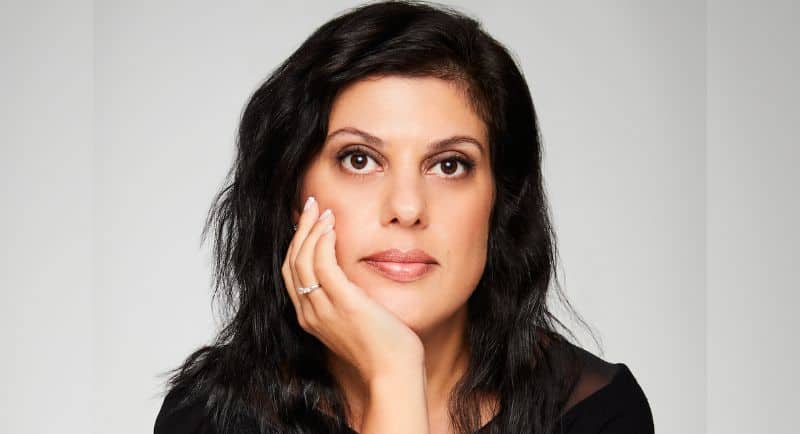By Deanne Constantine, founder and head of talent at Blue Bateau
It’s hard to believe that within an industry like advertising, where we constantly innovate and think beyond the ordinary, that something like ageism can exist. And yet it does. What’s more, plenty of stories and posts made recently show that it continues to be an issue despite widespread D&I measures and in some cases, quite overtly.
The problem, like many within the talent sector, is multifaceted.
In a challenging marketplace, some agencies often want fresh approaches and mistakenly believe that only comes with youth. Some leaders looking to hire might caveat discrimination by saying, “I know this sounds ageist, but…” and describe the need for new ways of thinking and preference for younger talent.
On the other hand, there are other agencies who recognise the value of broad and long experience. They understand that expertise backed with a progressive mindset is unrivalled in the industry, and these agencies are the ones who commonly take on what might be seen as ‘older’ candidates.
And that’s where the tricky part of this ageism debate comes in. Often, it’s not just about how old a candidate might be, but rather the fundamental need for a progressive skillset in today’s marketing world.
So how do we start to solve the deep and complex problem of ageism in our industry?
First, we must be brave and recognise that there is a small minority of established talent that still behave the same way they did 20 years ago, and still have a belief that the industry should too. Demands of larger salaries and singular approaches to solving business problems can look archaic. It’s old school talking to the new school and the two worlds no longer co-exist.
The advertising industry now exists in a decentralized economy, and this transformation has led to a completely different way of interacting and doing business. New skills are required to deal with new platforms, new audiences, fast-moving global trends and ever-changing cultural shifts.
The unfortunate reality is that there are some incredibly talented people in our industry that have failed to reinvent and progress just as our sector has had to reinvent and progress. They’ve aged – and skilled – themselves out of the industry.
When we have a portion of the talent market interacting with the industry in this old and stale way, it spoils the reputation for other, older candidates who have continued to transform just as the industry has, too. There’s many of them about. But some agency leaders looking to hire become nervous around whether older talent can think and adapt to new way of business, so look for a simple solution and think youth is the answer. And well, it’s a cheaper solution too.
To take steps toward solving the issue, there needs to be common ground found between employers, and potential talent.
For agencies, more than ever before, there is a fundamental gap of wisdom in creativity, and brands need the leadership and commercial responsibility that you will only ever find in time and tenure. Leaders looking to hire must think about building an eclectic creative product that has expertise and wisdom in the drivers seat, matched with an ability to develop innovative solutions that match our new economy.
Similarly, the talent has a role to play in dealing with ageism. At all levels, they need to understand how to intercept and engage with opportunity in our industry as it exists today. This goes far beyond how they present themselves and the length of their experience, it’s how they think and how they embrace problem solving in the new economy, and develop the new skills required along the way. There are countless older candidates who have morphed and innovated and upskilled as our industry has transformed – what we need is more of them.
Ageism is a deep problem that requires courage to solve. It requires financial investment. People willing to look hard at their own capabilities and upskill if needed, and companies willing to take a stand to dismantle ageist behavior as they see it happening.
Ageism can only be solved with massive and immediate action – with a portion of that action taken on finding common ground between both agencies and talent. Finally, when we can understand the power of constantly reinventing ourselves as creative people, age becomes irrelevant, and wisdom backed with expertise becomes our most powerful asset.
–
With 20 years’ advertising experience to her name, Deanne Constantine has led some of the world’s most creative and high-profile brands, including Budweiser, Google, Jeep, Qantas and Lion Nathan Breweries.
Constantine has spearheaded projects that have gone on to win Cannes Lions, D&AD Pencils and Australasian AWARDs, as well as multiple other major advertising prizes. She worked at top-tier creative companies, in both Australia and New York including Anomaly, Translation and Publicis Mojo, before starting Blue Bateau in 2017.

